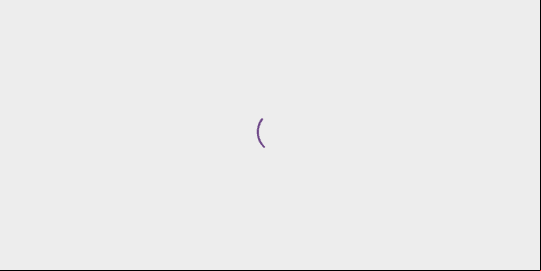Free Land Camp debates democracy, indigenous rights in Brazil

Between 6,000 and 8,000 indigenous people from at least 135 ethnic groups are expected to take part in the 21st edition of the Free Land Camp, which began on Monday (Apr. 7) and runs through Friday (11) in the Brazilian capital, Brasília.

As the largest indigenous mobilization in the country, this year’s event goes beyond the traditional demand for land demarcation, also advocating for the defense of the democratic regime and the Federal Constitution. The call comes amid what indigenous leaders describe as a process of “deconstitutionalization” of their rights.
“This camp also reinforces our stance on the [importance of the 1988] Federal Constitution and our right to live,” said Dinamam Tuxá, executive coordinator of the event’s main organizer, the Articulation of Indigenous Peoples of Brazil (Apib). He explained that this year’s edition serves as a moment to reaffirm indigenous constitutional rights.
“We are here to reaffirm that the original rights of indigenous peoples [to their traditionally occupied territories] are inherent. We want the Brazilian state and its institutions to uphold the Constitution. We’re not asking for more or less—just full compliance with the constitutional text,” said Tuxá, criticizing parliamentary initiatives such as the Temporary Framework Amendment Bill.
Currently under debate in the National Congress, Amendment Bill 48 proposes to include the Temporal Framework in the Federal Constitution. In essence, it seeks to enshrine the legal thesis that indigenous peoples are entitled only to the territories they were occupying on the date the Constitution was enacted—October 5, 1988.
“The 1988 Constitution was very clear about the rights of indigenous peoples, but those rights are being gradually stripped from the constitutional framework,” Tuxá said. He lamented that nearly 40 years after the Constitution was enacted, the demarcation of Union territories designated for the exclusive use of indigenous peoples has still not been completed. According to him, the consequence of this slow demarcation process is a rise in socio-environmental conflicts across various regions.
He said he remains hopeful that the Brazilian government will use the occasion of the Free Land Camp—and the presence of indigenous peoples in Brasília—to announce the completion of ongoing demarcation processes and the resulting creation of new indigenous territories.
The 2025 Free Land Camp also aims to link the indigenous agenda to the 30th United Nations Climate Change Conference (COP30), emphasizing to the nations attending the event in Brazil that the demarcation of indigenous territories is essential in the fight against global warming. The conference will be held in Belém, Pará, in November this year.




